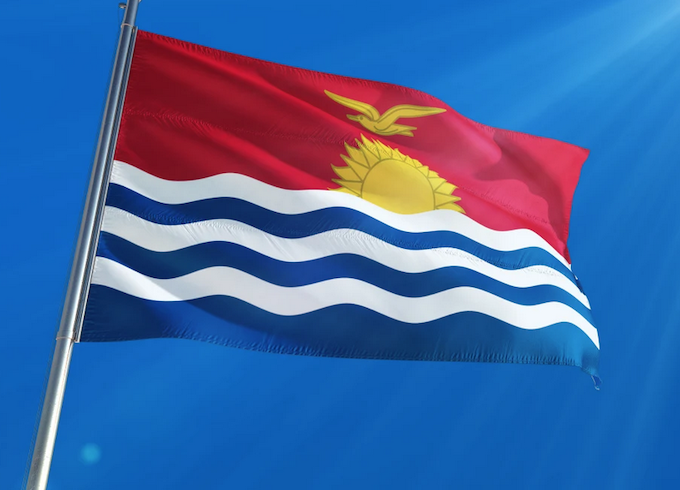
By Don Wiseman, RNZ Pacific senior journalist
The I-Kiribati people will go to the polls for the first round of voting today.
Ballots are expected to open at 7am NZ time.
The Kiribati Electoral Commission is responsible to conduct the election with the support of the Ministry for Culture and Internal Affairs.
There is minimal information available online about the polls, with the most official election information shared via the Ministry of Culture’s Facebook page in late July, which was the candidate lists.
There will be 114 candidates — one less than the previous election — contesting for the first round of voting, with a second on Monday next week.
After that parties will put up their candidates for president, one of whom is likely to be Taneti Maamau, the man who has held the title of Beretitenti, or President, for the past eight years.
“On the evening of the first round of voting (on Wednesday evening) the provisional results are shared on local radio in taetae ni Kiribati,” New Zealand’s High Commissioner in Tarawa, André van der Walt, said.
Results on local radio
“We anticipate the counts for larger constituencies such as in South Tarawa would only be concluded by morning on Thursday.
“The second round of voting will take place on Monday 19 August with results released on local radio overnight. We anticipate the final results will be known on Tuesday 20 August.”
The popular vote for the Beretitenti is expected in September or October.
There are 18 women standing this time, and this compares with just seven female candidates in 2020.
Among them are 10 women in the crowded South Tarawa district — three of who are lawyers.
The low-lying Micronesian nation with a population of about 120,000 is one of the most vulnerable to the effects of climate change, including rising sea levels.
This will be the second elections to be held after Kiribati had switched back allegiance from Taiwan to China in September 2019.
Significant issues
RNZ Pacific’s correspondent in Kiribati, Rimon Rimon, said there were some significant issues that would influence voters this election, such as the soaring cost of living and suggestions the government was struggling to meet its bills.

Campaigning, which has been going on for months, has “become more intense”, Rimon said, adding that “the incumbent candidates seeking re-election [are] really going out”.
He said some people affiliated to political parties were also using kava as a “campaign tool” hoping to win votes.
“A lot of people are saying that they are seeing some of the candidates giving out kava, which is quite a popular commodity here, even though the time for giving out things have already stopped, according to the laws.
“We’re seeing a lot of these. People are giving away kava, not the candidates, but some people tend to know that person giving out the kava belongs to a certain candidate or is a supporter of that candidate.
“Kava has been a commodity used by candidates to really get people around to sit around and talk about ideas that they want to share.”
He added campaigning “goes right to the 11th hour” because “any last-minute effort is very useful”.
Some of the bigger issues confronting whichever government comes to power will be the cost of a copra subsidy that has been deemed wildly extravagant by international financial agencies, along with an unemployment benefit, paid monthly.
They will also find a judicial system turned on its head after the outgoing government removed five expatriate judges on spurious grounds. This left the country without higher courts for months, leading to a huge backlog in cases.
There is also the increasingly stronger link with China which has now led to reports of Chinese police on patrol in parts of Kiribati.
‘Quite draconian’
According to Rimon, a lot of the poeple on the ground want “something new” because Maamau’s government “have taken quite a tough approach on how they introduce a lot of their policies and decisions”
“Some of their policies are quite draconian, especially with media and all news information. I hear a lot of people saying we should have something new,” he said.
But then of course, the other half of the population, or people that I’ve been speaking to, especially in South Tarawa, are quite happy with the government’s performance and would like to see another four years of their reign in government.”
Pacific political watchers say there has been growing competition across the region between Australia, the US and China.
“Each Pacific island country is trying to navigate those waters in their own unique way and try and make the most out of it for themselves,” Australian Strategic Policy Institute’s Pacific analyst Blake Johnson told RNZ Pacific.
“And Kiribati does seem to be doing that a little differently to some of the others, in terms of just the transparency.”
This article is republished under a community partnership agreement with RNZ.












































